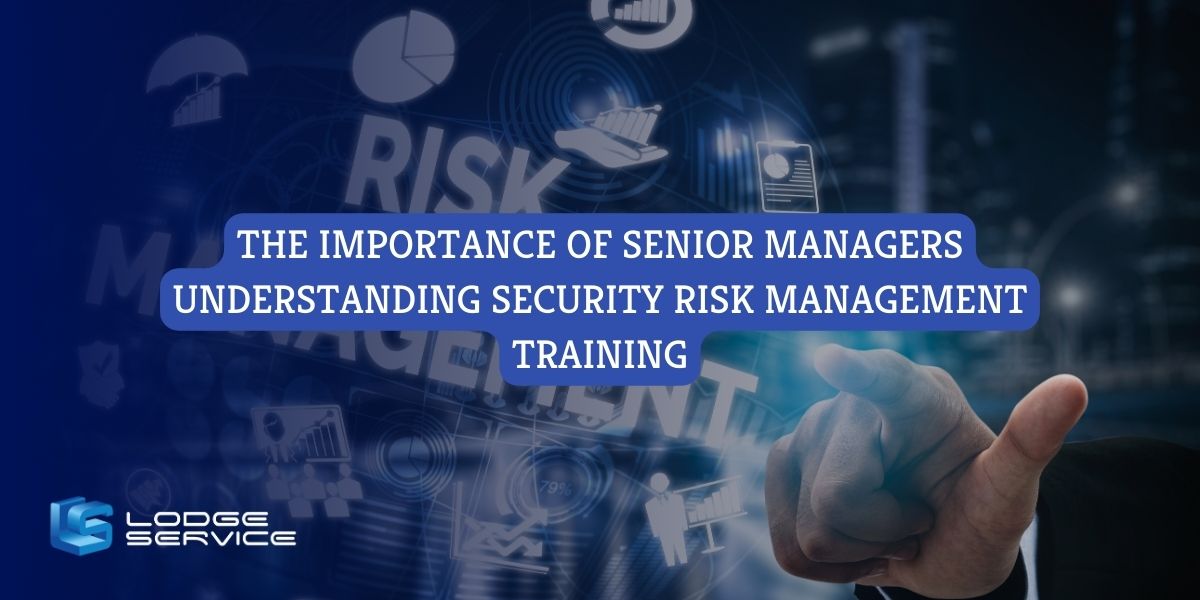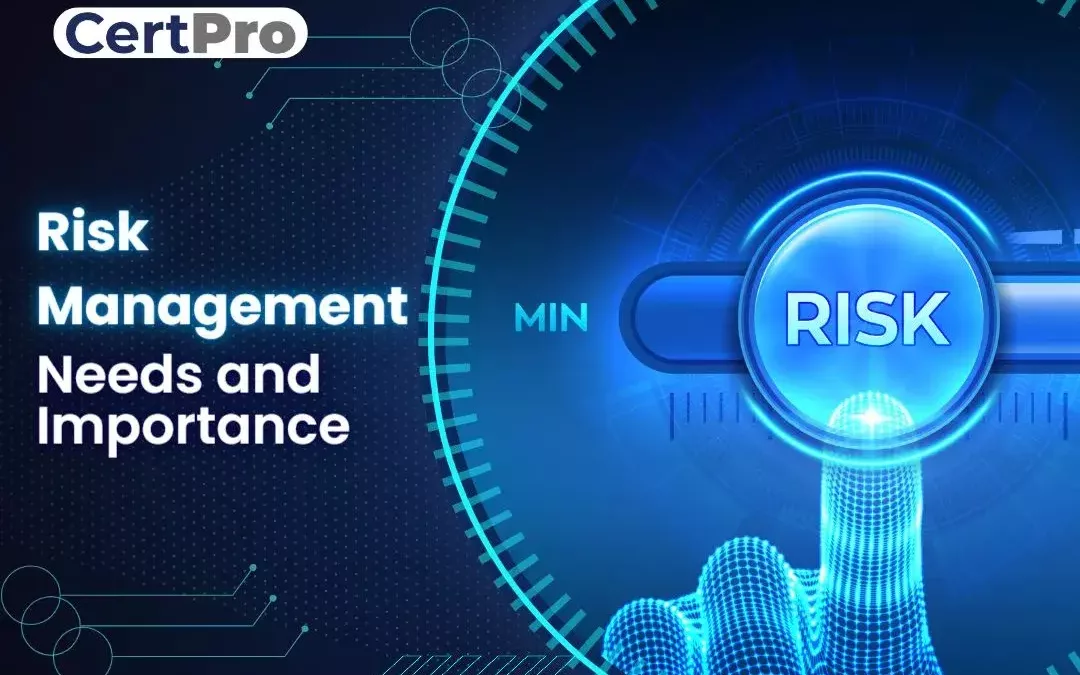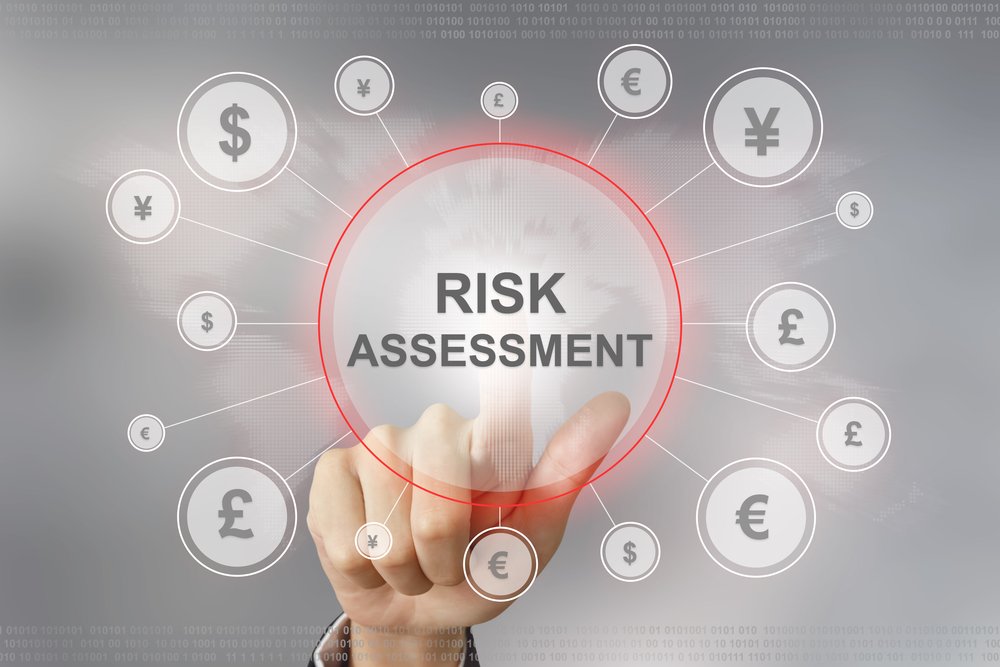How the Importance of Risk Management Shapes Powerful Leadership
How the Importance of Risk Management Shapes Powerful Leadership
Blog Article
Comprehending the Relevance of Risk Management in Company Success and Sustainability
In today's ever-evolving service landscape, the relevance of Risk Management can not be understated. It stands as an important column, strengthening organization success and sustainability among a sea of unpredictabilities. By identifying and alleviating possible risks, companies protect their capital, foster strength, and improve public depend on. Similarly, it paves the method for development and growth. Allow's unbox this complicated topic, checking out exactly how proactive Risk Management adds to the durability and success of services.
The Idea of Risk Management in Company
Risk Management, a fundamental aspect of business operations, carries a significant weight in the success or failure of a business. It involves identifying, assessing, and managing dangers to an organization's capital and incomes. These hazards, labelled as dangers, can stem from a variety of sources consisting of monetary unpredictabilities, legal obligations, critical Management mistakes, accidents, and all-natural catastrophes. Services utilize Risk Management treatments to mitigate the unfavorable impacts of these dangers. It is a methodical strategy that leads the way for notified decision-making, guaranteeing financial stability and sustainability. The concept of Risk Management is not an assurance against Risk, but instead an important device that promotes functional efficiency and resilience in face of unpredictability.
Secret Aspects of a Durable Risk Management Approach
Structure a durable Risk Management technique includes several vital components. Recognition of prospective threats is the main action, adhered to by a thorough evaluation of these threats. After comprehending the gravity of the threats, proper steps should be prepared for Risk reduction. These actions can vary from diversity of resources to insurance protection. A reliable Risk Management technique also includes constant surveillance and evaluation of the determined dangers and the effectiveness of the control measures. The technique needs to be adaptable adequate to suit adjustments in the company environment. Additionally, the strategy should likewise include training of the employees to manage unexpected situations. All these elements, when integrated successfully, add to a robust Risk Management method.
Exactly How Risk Management Adds To Business Success

Instance Studies: Successful Risk Management in Practice

Future Trends in Risk Management and Their Ramifications for Organizations
As the worldwide organization landscape remains to advance, so also does the field of Risk Management. Future trends suggest a change in the direction of positive as opposed to responsive techniques, with organizations increasingly seeking to determine and alleviate risks before they happen. The unification of modern technology, specifically AI and find out large data analytics, will certainly play a crucial role in this transformation. These tools can supply real-time understandings, allowing swift and educated decision-making. Moreover, environmental, social, and governance (ESG) important site dangers are predicted to rise in prestige, reflecting an expanding social concern for sustainability. Companies that adjust to these patterns and integrate them into their Risk Management techniques will likely be better geared up for success and moved here sustainability in the unpredictable future.

Conclusion
Finally, comprehending the significance of Risk Management is pivotal for business sustainability and success. Proactive identification, assessment, and reduction of potential risks not just safeguards funding and revenues, yet also fosters strength. Efficient Risk Management approaches improve functional efficiency, client trust, and technology. Through real-world study and future patterns, it appears that a durable approach to risk Management is vital in navigating today's complicated service environment.
Businesses employ Risk Management treatments to reduce the adverse effects of these threats. The principle of Risk Management is not an assurance against Risk, but instead an important tool that advertises operational effectiveness and strength in face of changability.
Recognition of prospective dangers is the key step, adhered to by an extensive analysis of these risks (importance of risk management). After comprehending the gravity of the dangers, appropriate steps need to be prepared for Risk reduction. An efficient Risk Management strategy also involves consistent surveillance and review of the identified dangers and the efficiency of the control procedures
Report this page